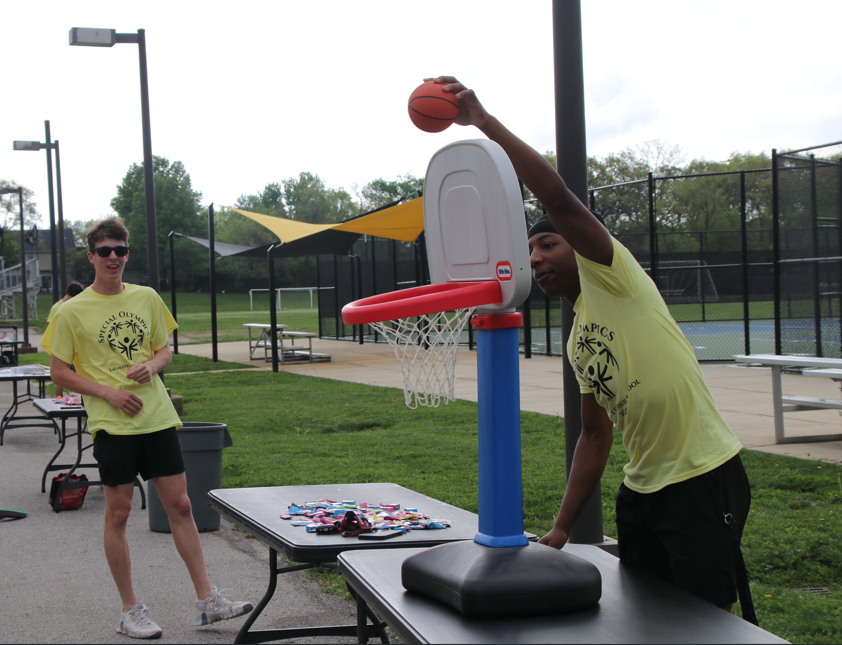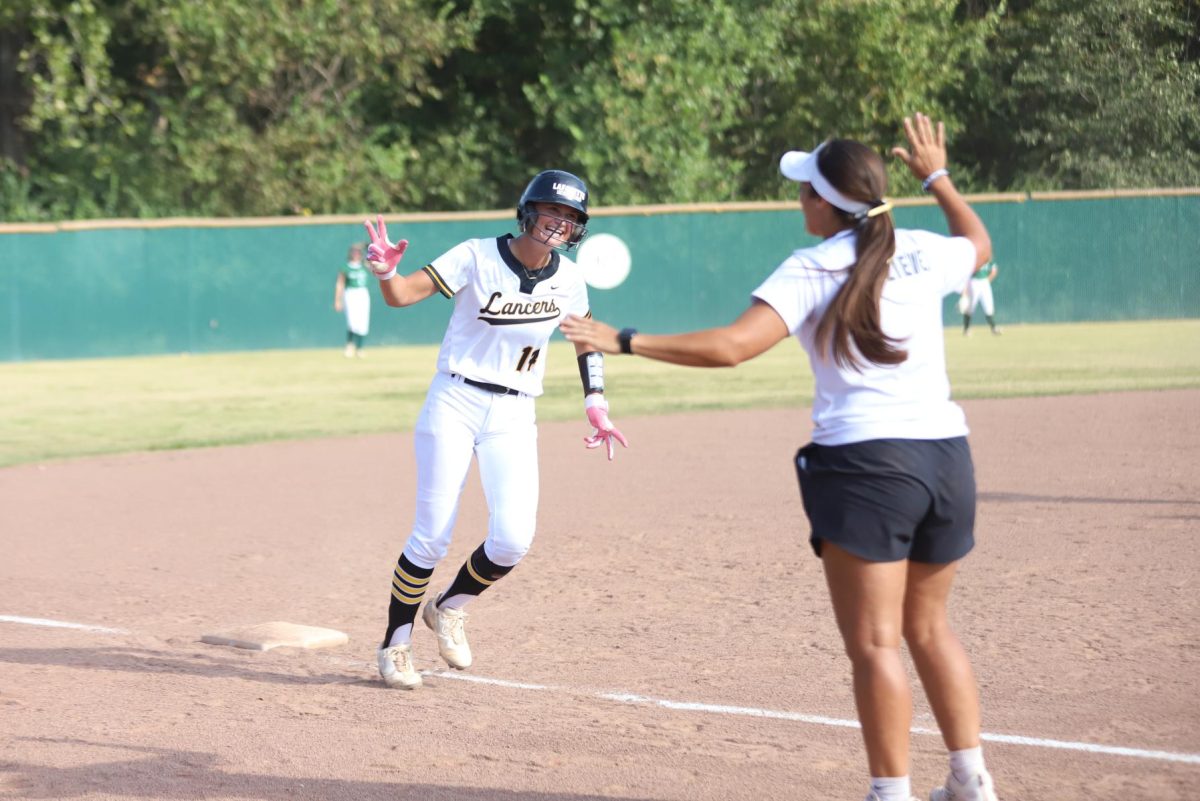As Seen In The Image: Testing Out
February 22, 2021
In addition to the major two standardized tests, Advanced Placement (AP) tests occur shortly after in May to determine if students obtain college credit. While all of these events still remain even in a year clouded by uncertainty, there have been many changes to how these tests and admission requirements operate.
In May of 2020, AP tests were conducted entirely at home. A typical three-hour test covering the entirety of a course was shortened to 45 minutes touching only on a small portion of the subject.
However this year the College Board, in charge of all AP testing, has released different testing options in order to meet the unique circumstances of each student.
Three testing dates for each subject have been administered. Administration One provides students with at school testing that will take place May 3-7, 10-12, 14 and 17 with the specific date dependent upon the course. Administration Two and Three provide both at school and at home tests with Administration Two taking place from May 18-21, 24-28 and Administration Three taking place June 1-4 and 7-11.
Schools are allowed to use any of the testing options, Administration One, Two and Three, and are free to use multiple options depending upon availability and individual circumstances.
For each Administration, there is one specific date and time assigned to each individual course. Students are not permitted to choose an exam date on their own. Instead, AP coordinators will start to assign students to Administration Two and Three exams, if necessary, in March.
Whether the test administered is paper or digital, all 2021 AP exams will be full length, covering the entire course. However, some courses have different formats for the traditional paper and digital tests. While some courses may offer both digital and paper exams, certain courses may only be administered at school or a school-proctored location.
The possibility of having both paper and online tests presents AP teachers with challenges in adequately preparing all of their students.
AP Modern World History and AP United States History Teacher Steve Klawiter is concerned with sufficiently preparing both in person and at home testers. The difference between the two tests could affect what kind of practices to assign to at home testers in comparison to in person testers. Additionally, cheating could possibly hinder at home test takers from studying sufficiently.
“Personally, I have some concerns with regard to the changes made between the in-person and virtual exams,” Klawiter said. “It’s also not clear how having test-takers taking two different exam formulations promotes student equity rather than the reverse. While the announced changes are to, according to the College Board, balance the advantages and disadvantages between testing environments and reduce cheating, it presents a challenge to me as the teacher as I prepare students in the same class for differing exam formulations. I also worry that my virtual students could face internet, device, or application errors that might interrupt their test progress or final submissions.”






























![Although being only one of the two oboe players in the school, freshman Elise Morton said she will continue playing the instrument throughout high school. “[Playing the oboe] makes me feel special because I know I'm playing a rare instrument and I love having a challenge because there’s something to improve on and get even better,” Morton said.](https://lancerfeed.press/wp-content/uploads/2024/05/Elise-Morton-Featured-Photo-300x200.jpg)

